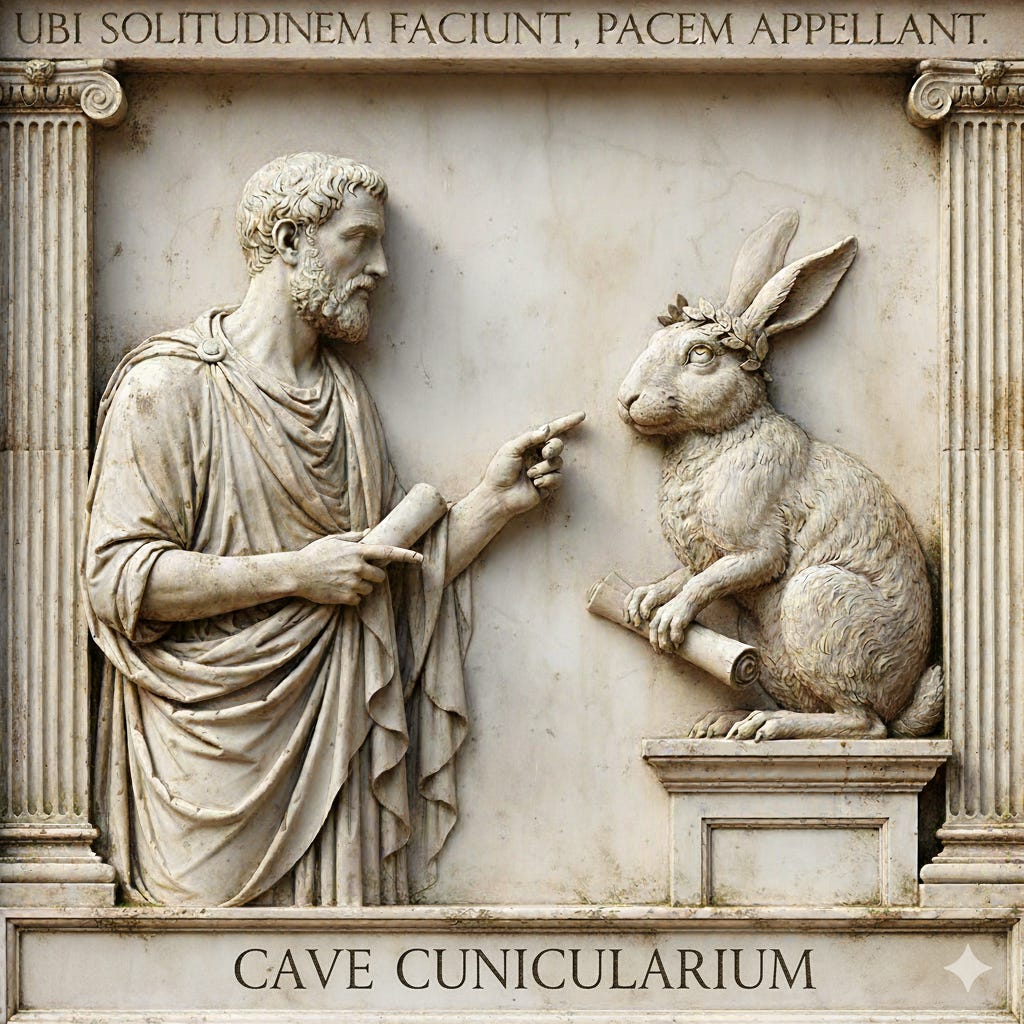What a grey day...
What a dreadful day for Charlie Appleby, to which you can add my name, and possibly, some of you. Eight runners yesterday, and only Al Zanati came close with a 2nd. Luckily for me, and sadly unbeknownst to you, Madame, when punting, only backs greys. When I say “only”, I mean Greys and female trainers… and female jockeys… and friends’ runners… and horse…




